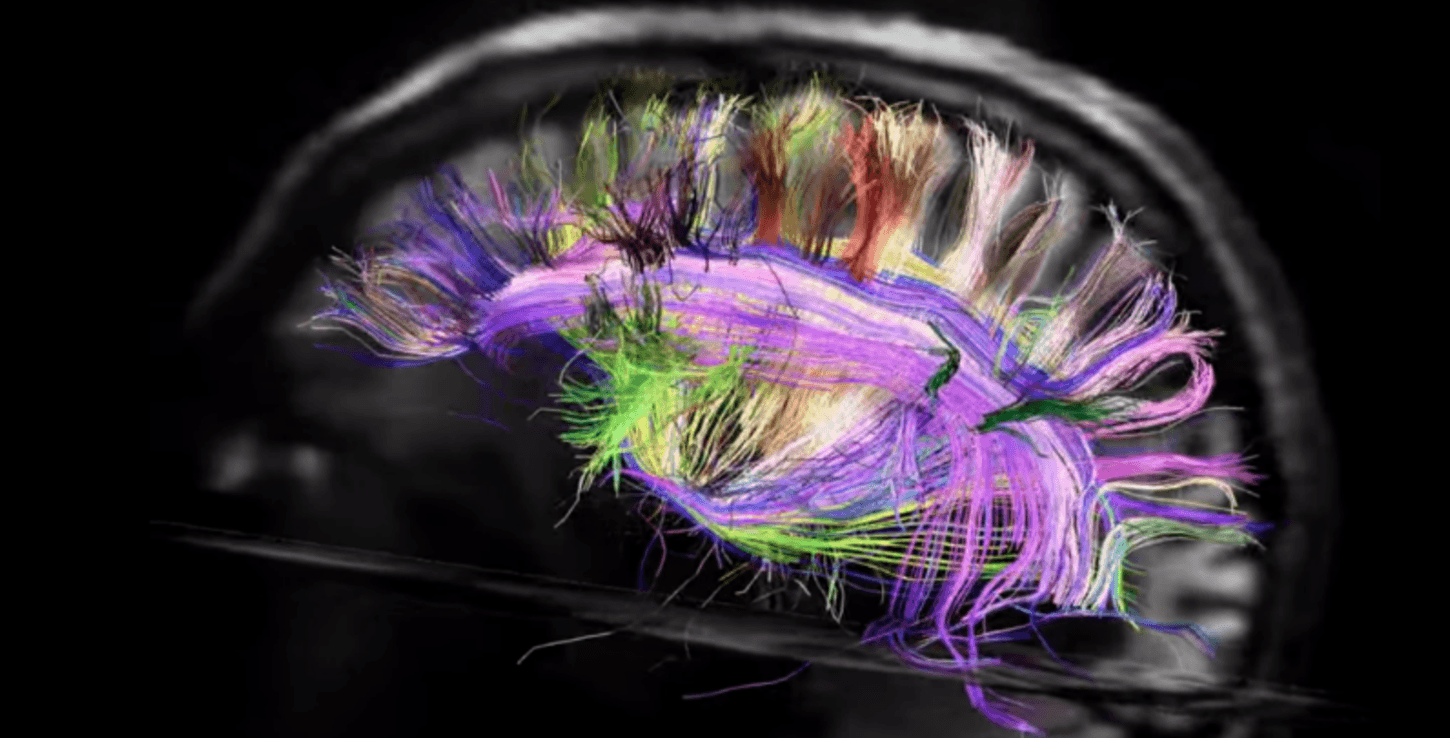Lack of out-of-family support for those with disabilities makes it hard for families
4 min read
NIH | Science Alert
By RACHEL FINSTON
When I met my best friend, I had no idea how much we had in common. We have government employee parents, we are both vegetarians and we both have disabled older brothers.
It isn’t every day that you meet someone who understands the differences inherent in a childhood that includes a cognitively disabled sibling. We both love our brothers, but it doesn’t make things easier. Growing up like that is difficult, but as a kid I didn’t think about how hard it actually was for my family.
When my brother was in school, it was easier. After school, there were doctors’ appointments to go to and therapists to see. My brother’s days were accounted for. He had somewhere to be, and people who were responsible for him. This changed radically after he graduated.
My mom travels for a living. When I was last home, she laid out two passports in front of me. The first passport was from before my brother graduated from high school. It had a hundred different stamps, and at least two extra sets of pages sewn in. The second one was barely used and still had that new passport smell permeating its pages. The work that she loves unquestionably takes the backseat to my brother.
She is the one who does the full-time work of keeping him busy. She’s the only one who has the patience to deal with the social workers, the government disability people and whatever volunteer service he’s in this week. Those programs usually mean well, aspiring to train disabled kids for work, but in our experience, they’re disorganized and they don’t have wings. They make big promises, but employee turnover is frequent, and no progress is made. He’s been floating for the last three years, from program to program, while my mom fights with different agencies trying to fill his hours.
The thing is, no one else really cares.
That is what my dad told me when I asked why there weren’t better options for my brother. He smiled at me, and said, “The only people who care about disabled kids are the parents of disabled kids, and we have enough problems.” I have never forgotten that, because it feels true. For every well-meaning, sweet special-education teacher who wants to change the world, there seem to be fifty congress people trying to reduce benefits for the disabled. For every kind stranger, there are a hundred people staring at my family in public.
Once, someone I knew criticized the way my parents treated my brother. This filled me with rage. I am allowed to be a little embarrassed in public, a little uncomfortable with the way my brother comports himself. My parents can’t. They have to be 100 percent on top of how he’s feeling and what he’s doing at all times, and do their best to keep him calm. Both of them have worked so hard to give my brother and me a good life, and hearing someone ignorant of their sacrifice trivialize that made my blood boil.
Whenever I heard the “R word” I am reminded of those people who have all kinds of things to say about other peoples’ child rearing, but couldn’t give a fig about providing for the disabled. There is a senator from New Hampshire, Maggie Hassan, who caught my attention recently. She spoke at the hearing of the education committee on the confirmation of Betsy Devos, and asked if Devos will support the rights of disabled students. She repeated her question multiple times, but Devos responded like someone who does not have a disabled child, she deflected, under the guise of sympathy.
Hassan has a son with cerebral palsy, and is just another example of a woman like my mom: a strong career woman who has a child with unique needs. I admire the senator for her commitment to fighting for kids like her own, but her son’s story is a best-case scenario. My brother is, too. He can speak, read and write in three languages. He is intelligent, kind, and funny. He has had the opportunity to develop social skills, and relationships with other kids like him. He has always had access to the treatment he needed and the best doctors and therapists my parents could find. Disabled children from lower income families, families who live in poorer school districts, and children of larger families all lack the advantages he has had.
All over campus, I see people wearing “spread the word to end the word” bracelets, or the little puzzle pieces that represent Autism Speaks. I wonder, do they know? Do they understand how hard it is? Are they actually doing anything to help? This isn’t a past issue. When someone campaigning to be the president of our nation mocks a disabled person and still gets elected, it doesn’t feel like an issue of the past. Seeing the exhaustion of my parents, I really hope my dad is wrong. I hope someone else cares.












—–My Brother’s Keepers: How one family deals with stigma …
I am afraid I do not understand your headline.
Did you by any chance intend, How one family deals with bullying?
The best way to deal with bullies is to confront them directly. Tell them of their rudeness. Educate them, speak up.
And above all, do not employ their vocabulary, each time you call it stigma the bully has won.
Harold A. Maio, retired mental health editor
khmaio@earthlink.net